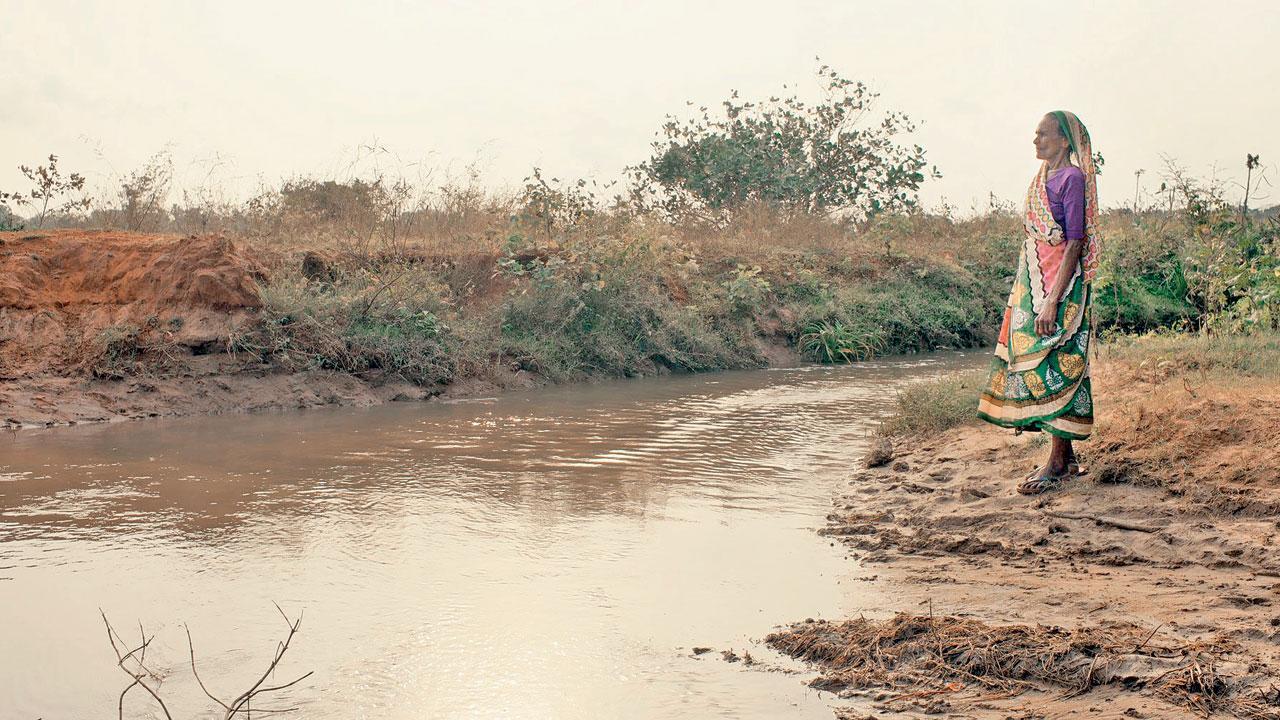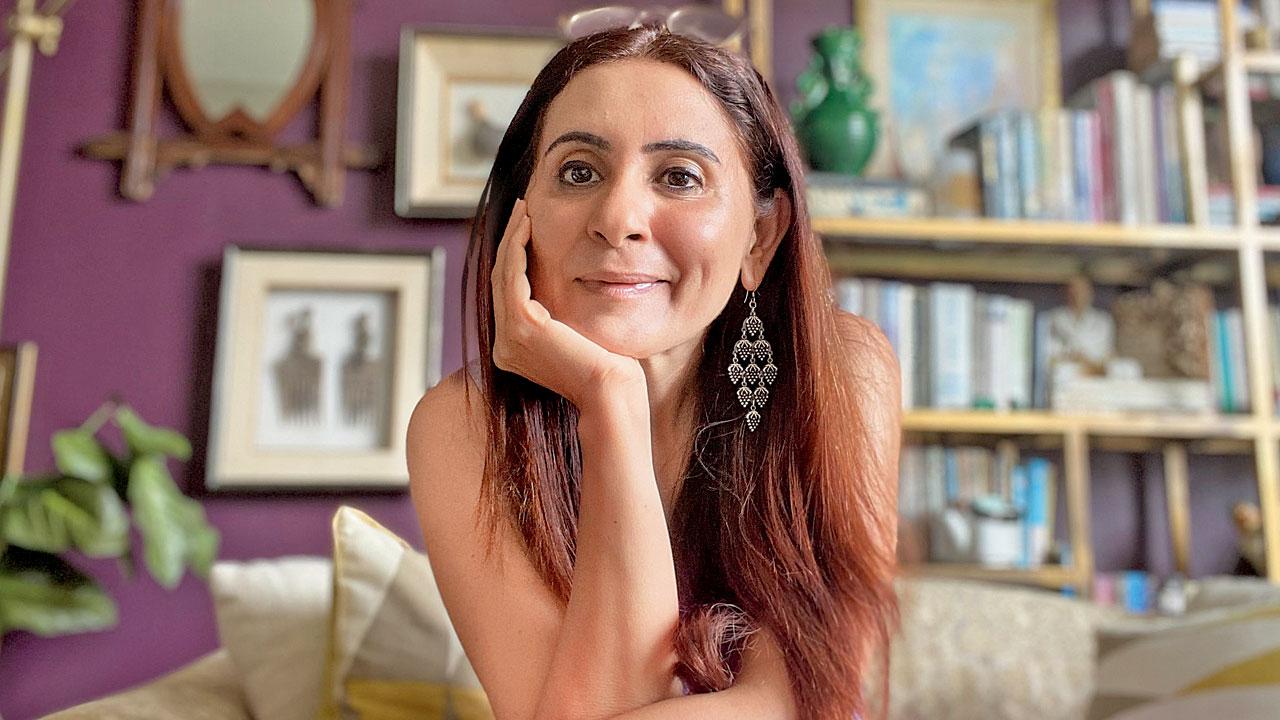A non-fiction film festival focused on South Asia and organised by the Asia Society India Centre will put the spotlight on gender, sexuality and the rights of the marginalised with the aim to give a platform to stories that get left behind

Parda Faash will showcase films spotlighting themes such as Partition and hockey, the marriage prospects of gay youth in India, and the history and struggles of the displaced people of Palaikuli in northern Sri Lanka’s Musali South after the country’s civil war ended in 2009
It felt true to what we are trying to do with this festival, which is to look into a curtained, unglamorous, still-forming South Asia,” Inakshi Sobti, Chief Executive Officer of the Asia Society India Centre, tells us. She is explaining the thinking that went into the naming of Parda Faash, a two-day film festival focused on issues of gender, sexuality and the rights of marginalised communities in South Asia that the organisation is hosting in collaboration with Film Southasia and the Goethe-Institut/Max Mueller Bhavan Mumbai. “I think the films being screened at the festival shatter the idea that our struggles are confined only to us and our borders. In many of the films for instance, you see women from India, Nepal and Pakistan facing similar struggles around gendered identity and the freedom to live.”
ADVERTISEMENT

Inakshi Sobti
As the only Asia Society centre in the subcontinent, Sobti explains that the region and its issues remain central to its mission. Besides arts and culture, areas like geopolitics, business, economics, technology and sustainability also fall within its purview. The organisation regularly hosts initiatives such as a ‘Women in Governance’ series featuring women in South Asia exploring their professional journeys, and conversations featuring artists and writers from South Asia or the South Asian diaspora on art and resistance, gender and mental health.
“A lot of the films that we’ve chosen focus on issues like gender and marginalisation, and that is because these are a significant part of modern life in South Asia. Our focus, while curating the festival, was to make sure that we are able to contribute to conversations and efforts towards visibilising stories from communities that are often left out of mainstream media,” says Sobti. At the same time, there is also an attempt to build and deepen perspectives and appreciation for the film medium. “Cinema is an incredible form of communication and we feel that the visual and performing arts are a remarkable tool for bringing people together, opening them up to connection, be it connecting with new people or larger communities or ourselves.”
The festival, a first for the Asia Society India Centre, will feature contemporary, non-fiction films, its selection curated from Film Southasia ’22, the silver jubilee edition of the subcontinental biennial non-fiction film festival held in Kathmandu. Films like Taangh, Moon on the Man and Gay India Matrimony from India, This Stained Dawn from Pakistan; Decoding Gender from Bangladesh; Before You Were My Mother and Gurkha Girl from Nepal, and Amid the Villus from Sri Lanka will be part of the showcase. They will spotlight a host of themes such as Partition and hockey, the marriage prospects of gay youth in India, a young woman’s quest for recruitment in the British Gurkha Regiment, the “aurat march”—a multi-city women’s demonstration in Pakistan, and the history and struggles of the displaced people of Palaikuli in northern Sri Lanka’s Musali South.
“The non-fiction films that we are screening are from powerful South Asian voices, but [also from] very diverse creative practises that we wanted to celebrate and share with a wider audience,” says Sobti. “We wanted to show that non-fiction can be as experimental, artistic, and beautiful as other creative forms while still being impactful and able to spark a conversation.”
WHAT: Parda Faash
WHERE: Coomaraswamy Hall, CSMVS
WHEN: April 27 and 28, 11 AM - 8 PM
TO BOOK: asiasociety.org/india
 Subscribe today by clicking the link and stay updated with the latest news!" Click here!
Subscribe today by clicking the link and stay updated with the latest news!" Click here!







